Strong and brave women run in my family.
Many of them weren’t empowered to be this way, although they set an example for me to follow from early on in life. I’ve tried to emulate them—even when I’ve felt neither strong nor brave.
This determination is something I’ve witnessed a thousand times over in local communities across the world too—women and girls, neither equal in or empowered by their societies, bettering themselves and their families lives by living with audacious bravery and strength. And when they do it together, that power is magnified in quite extraordinary ways. There is something remarkable that happens when women come together.
Women United For Change
In Canberra recently, women Christian leaders came together from every corner of the faith community in this country and from across the Pacific. Together, we raised our voices in solidarity and support with our sisters and brothers around the world living very different lives.
Christian unity is sadly rare; we are much more known for the things we disagree on rather than hold in common. But for the 40 or so women who met and shared together for three days, along with 43 of our political leaders, nothing could be further from the truth. Differences dissipated long before we even met, as we united to speak on behalf of those who often go unheard, and who live in a world that is far from safe or hospitable.
These people are the truly brave and strong, of course. Inspired by their valiant qualities, we shared our dream of a safer world for all, with those in the best position to make a significant difference.
Here’s Why We’re Coming Together
Our world is broken. We may have emerged from a global pandemic, but the reality is that many have emerged into a very frightening world of not just one crisis, but many.
The profound and lingering aftershocks of COVID particularly in the most vulnerable countries, the devastating effects of increasing conflict and displacement (the highest our world has ever known), the catastrophic impacts of climate change, and escalating inflation have served to push our world—and the most marginalised—into polycrisis.
If this continues, by 2030 we will see around 600 million people living in extreme poverty, another 600 million facing hunger, and 84 million children and young people out of school, perpetuating the cycle of vulnerability for generations to come.
Right now, the level of displacement due to conflict and climate emergency is over 100 million, more than our world has even recorded before.
The numbers are huge and difficult to comprehend. But I am acutely reminded that every single number represents a person deeply loved by God—made in his image with a name he knows.
Every single number represents a person deeply loved by God—made in his image with a name he knows.
What Can Australia Do?
Australia can make a difference, but the sad reality is that our generosity as a nation has continued to decline. We now find ourselves ranking 27th in the OECDs generosity index, having fallen from 21st in 2021.
As Christian leaders passionate about the over 2,000 scriptural references that highlight God’s heart and our responsibility for the poor and marginalised, we believe we must do better both personally and corporately—as individuals, the church, and as a nation.
We called for a return to bipartisan support for a generous and just Australia, bearing in mind the Government’s recently released new International Aid and Development Policy. And we called for our nation to take its place as a good global citizen in a time of unprecedented global need and uncertainty.
Micah seeks ‘A Better World for All.’ On behalf of the churches and church-based agencies we represent, the Women Leaders Network delegation does too. We want to truly love our neighbour. We pray that the political will of our country is there for that also.
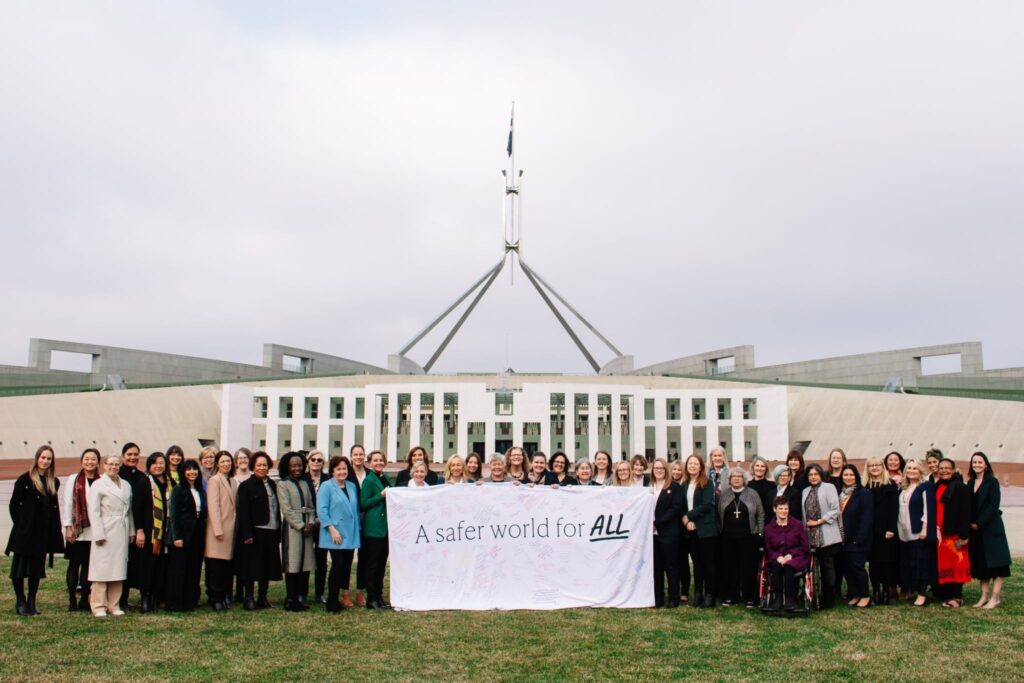

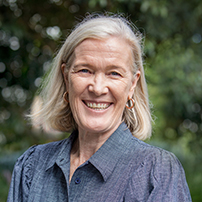
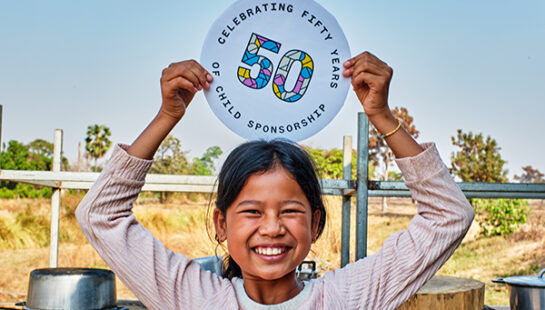
 Heather Keith,
Heather Keith,
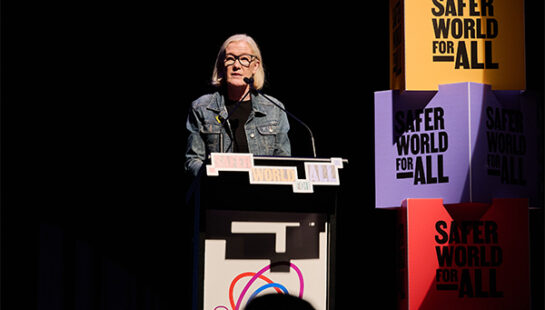
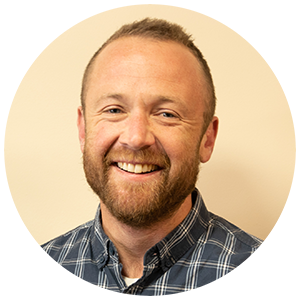 Mike Bartlett
Mike Bartlett